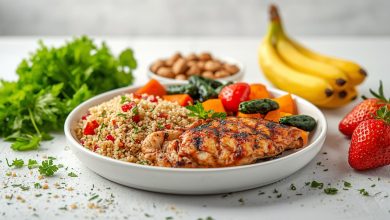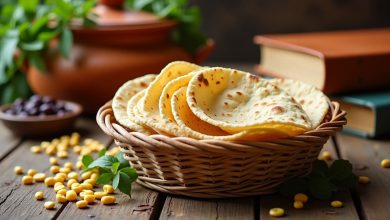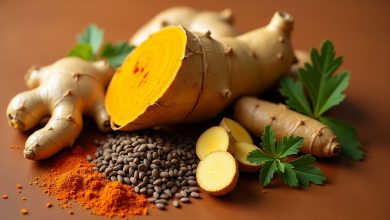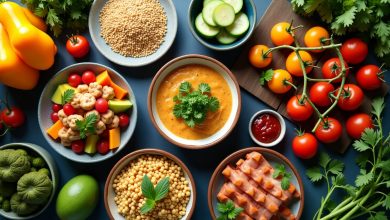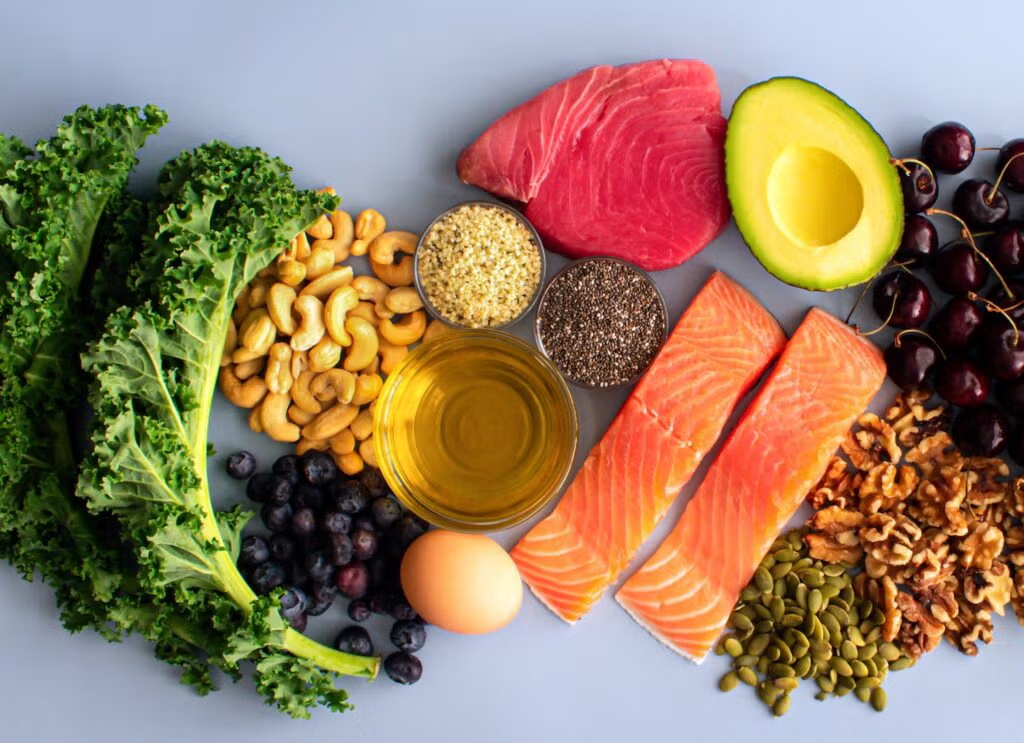
Healthy eating doesn’t have to be complicated. By incorporating a variety of nutritious foods into your meals, you can fuel your body with essential vitamins, minerals, and antioxidants. Here’s a curated list of 52 nutrient-packed foods to inspire your next grocery trip.
Fruits
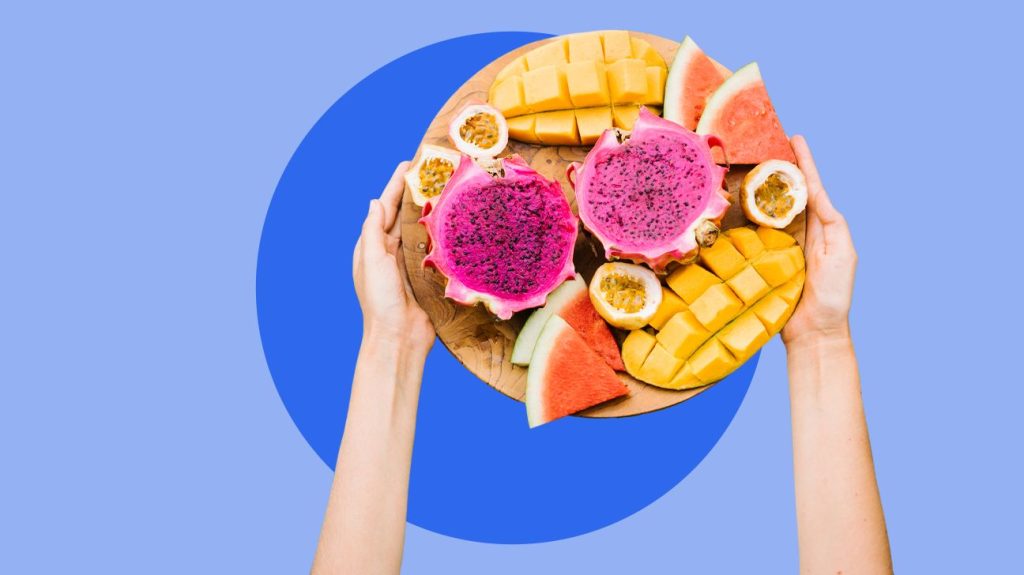
Fruits are rich in vitamins, antioxidants, and natural sugars for a quick energy boost.
- Blueberries: High in antioxidants, they help combat inflammation.
- How to use: Add to yogurt, oatmeal, or smoothies.
- Oranges: Packed with vitamin C to boost your immune system.
- How to use: Enjoy fresh as a snack or squeeze for juice.
- Bananas: A great source of potassium for heart health.
- How to use: Slice into cereal, spread peanut butter on top, or blend into smoothies.
- Strawberries: Rich in vitamin C for glowing skin.
- How to use: Mix into salads or dip in dark chocolate for a healthy dessert.
- Apples: Contain dietary fiber for gut health.
- How to use: Eat raw as a snack, bake with cinnamon, or add slices to sandwiches.
- Mangoes: Full of vitamin A for eye health.
- How to use: Dice into salads or make mango salsa.
- Papayas: Aid digestion with natural enzymes.
- How to use: Blend into smoothies or enjoy fresh with a squeeze of lime.
- Watermelon: Hydrates and supports heart health.
- How to use: Cube for a refreshing snack or blend into a summer drink.
Vegetables
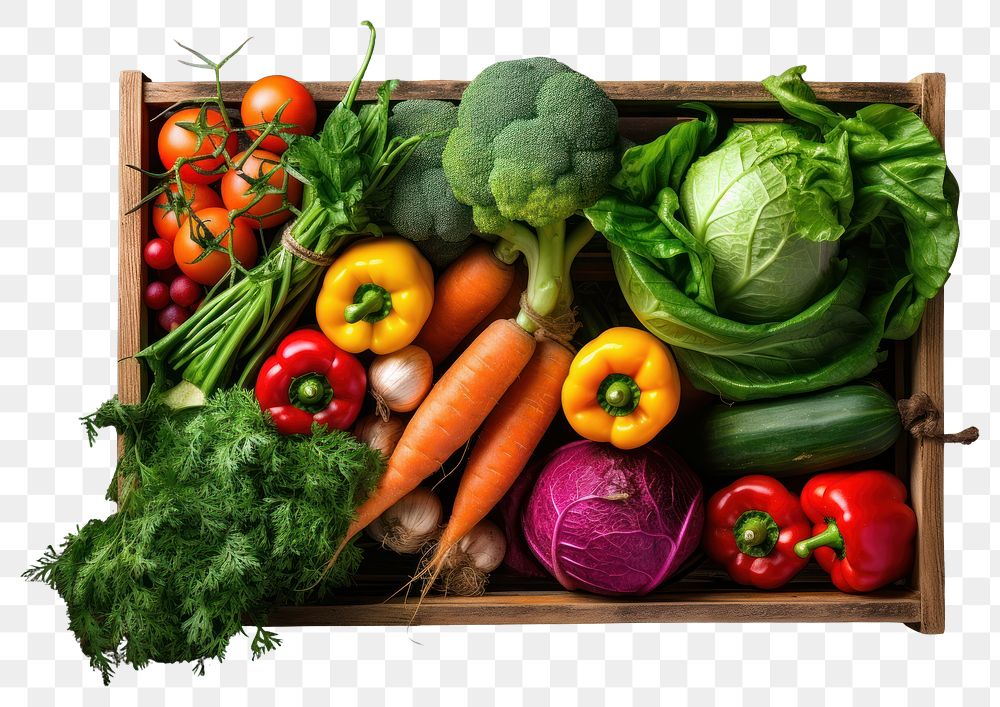
Vegetables are nutrient-dense and low in calories, supporting overall health.
- Spinach: High in iron and calcium for strong bones.
- How to use: Add to salads, soups, or sauté as a side dish.
- Kale: A superfood rich in vitamin K.
- How to use: Blend into smoothies or bake as kale chips.
- Broccoli: Contains compounds that promote heart health.
- How to use: Steam, roast, or add to stir-fries.
- Sweet Potatoes: Full of beta-carotene for good vision.
- How to use: Roast as fries or mash as a side dish.
- Carrots: Rich in vitamin A for healthy eyes.
- How to use: Eat raw with dips or roast with honey and herbs.
- Bell Peppers: High in vitamin C to fight inflammation.
- How to use: Slice into salads, stuff, or sauté for fajitas.
- Zucchini: Supports hydration and weight management.
- How to use: Spiralize into “zoodles” or roast as a side.
- Cauliflower: Aids liver detoxification.
- How to use: Roast, mash, or use as a low-carb pizza crust.
Whole Grains
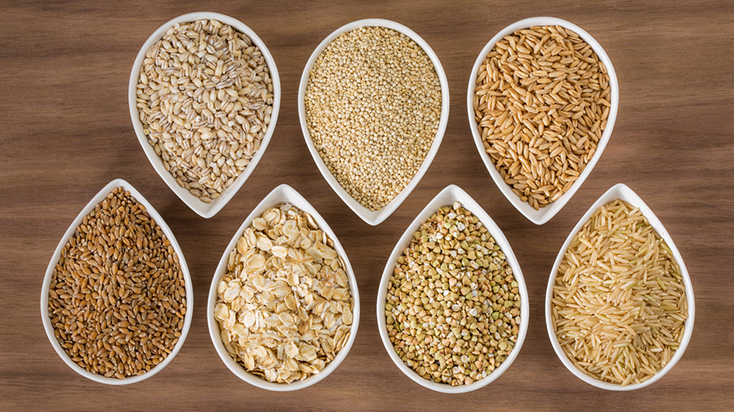
Whole grains provide energy and fiber for digestion.
- Quinoa: A gluten-free complete protein.
- How to use: Cook as a base for salads or use in veggie burgers.
- Brown Rice: Offers long-lasting energy.
- How to use: Pair with stir-fries, curries, or soups.
- Oats: Lower cholesterol and stabilize blood sugar.
- How to use: Cook as oatmeal or bake into granola bars.
- Barley: Supports digestion with fiber.
- How to use: Add to soups or use in grain bowls.
- Whole Wheat Bread: Provides energy and dietary fiber.
- How to use: Use for sandwiches or as toast with avocado.
- Rye: Supports metabolic health.
- How to use: Use as bread for hearty sandwiches.
Legumes
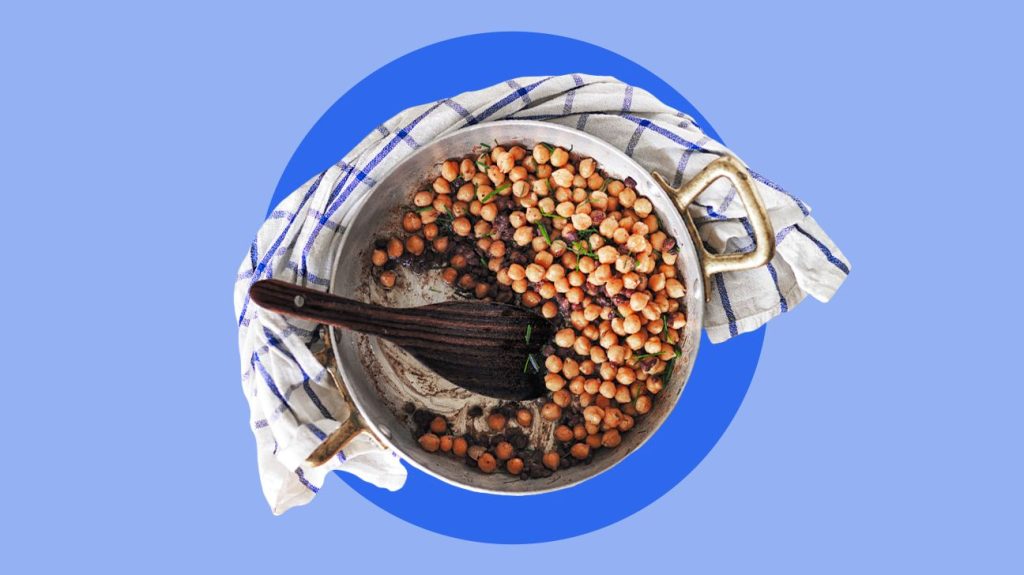
Legumes are rich in protein and fiber, ideal for plant-based diets.
- Lentils: High in protein and iron.
- How to use: Add to soups, stews, or salads.
- Chickpeas: Great for muscle repair.
- How to use: Blend into hummus or roast as a snack.
- Black Beans: Reduce inflammation.
- How to use: Use in tacos, burritos, or black bean brownies.
- Kidney Beans: Aid digestion.
- How to use: Add to chili or salads.
- Edamame: Rich in protein.
- How to use: Steam and sprinkle with sea salt for a snack.
- Green Peas: Promote bone health.
- How to use: Add to soups or mix into pasta dishes.
Nuts and Seeds
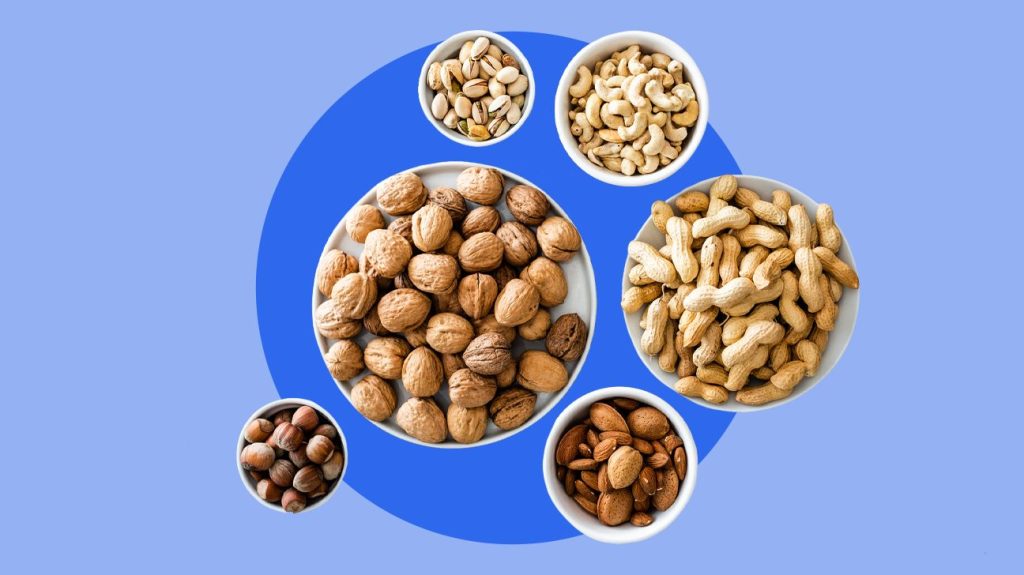
These small foods pack a big nutritional punch.
- Almonds: Improve skin health with vitamin E.
- How to use: Snack on raw or add to salads.
- Walnuts: Support brain health with omega-3s.
- How to use: Sprinkle on oatmeal or bake into bread.
- Chia Seeds: Boost calcium intake.
- How to use: Stir into smoothies or make chia pudding.
- Flaxseeds: May reduce cancer risks.
- How to use: Grind and mix into yogurt or baking recipes.
- Pumpkin Seeds: Support immune health.
- How to use: Roast with spices for a snack.
- Sunflower Seeds: Combat inflammation.
- How to use: Sprinkle on salads or eat as a snack.
Healthy Fats
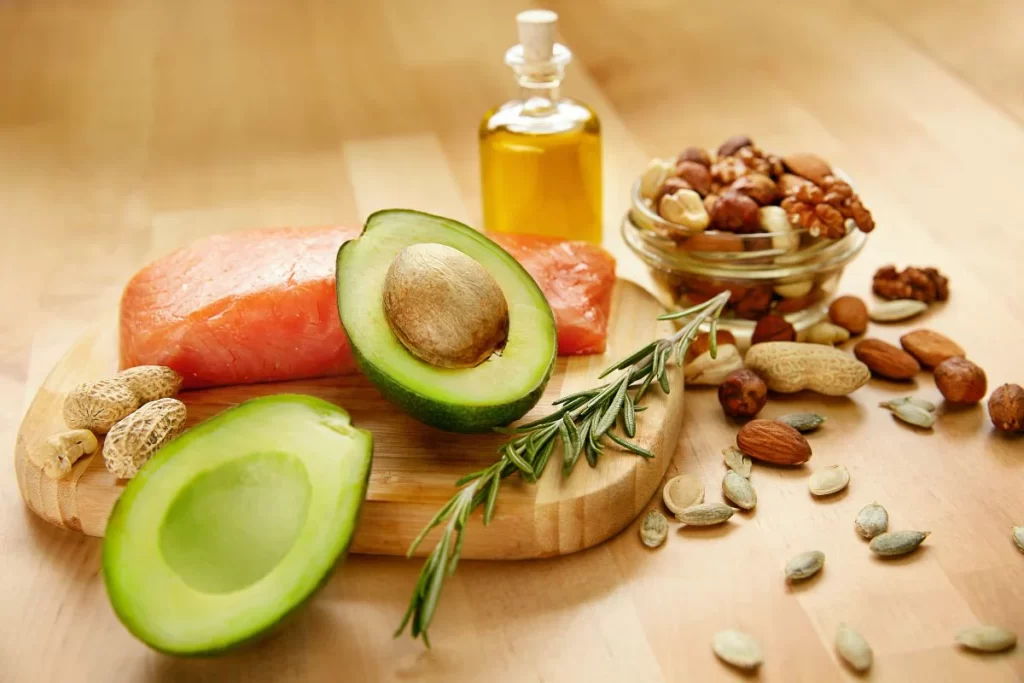
- Avocados: Lower bad cholesterol.
- How to use: Spread on toast or slice into salads.
- Olive Oil: Reduces inflammation.
- How to use: Drizzle over salads or use for sautéing.
- Salmon: Rich in omega-3s.
- How to use: Grill or bake with herbs.
- Mackerel: Boosts energy.
- How to use: Serve smoked or grilled.
- Sardines: Promote bone health.
- How to use: Enjoy on whole-grain crackers.
Superfoods
- Goji Berries: Support the immune system.
- How to use: Mix into trail mix or oatmeal.
- Acai Berries: Reduce inflammation.
- How to use: Blend into smoothie bowls.
- Spirulina: Boosts energy.
- How to use: Add to smoothies or water.
- Matcha Green Tea: Improves focus.
- How to use: Whisk into hot water or milk.
- Turmeric: Fights inflammation.
- How to use: Add to curries or golden milk.
Dairy and Alternatives
- Greek Yogurt: Supports digestion with probiotics.
- How to use: Eat plain or top with fruit and honey.
- Cottage Cheese: A low-fat protein source.
- How to use: Spread on toast or mix with berries.
- Almond Milk: A dairy alternative rich in vitamin E.
- How to use: Use in coffee or smoothies.
- Oat Milk: May lower cholesterol.
- How to use: Substitute for milk in baking or cereals.
Hydrating Foods
- Cucumbers: Promote healthy skin.
- How to use: Slice into water or salads.
- Celery: Aids digestion.
- How to use: Pair with peanut butter or hummus.
Conclusion
Incorporating these 52 nutritious foods into your diet is easier when you know how to use them. Try a few each week, and watch your meals become healthier and more delicious. At FitzoLife, we encourage small steps for a healthier you!
